- Overview
- Symptoms
- Risks, Prevention & Screening
- Tests & Diagnosis
- Types
- Your Breast Cancer Care Team
- Treatment
- Living With Breast Cancer
- Remission & Recurrence
- Advanced Breast Cancer
- Support & Resources
- Appointment Prep
- View Full Guide
Making the Most of Treatment For Early-Stage Breast Cancer

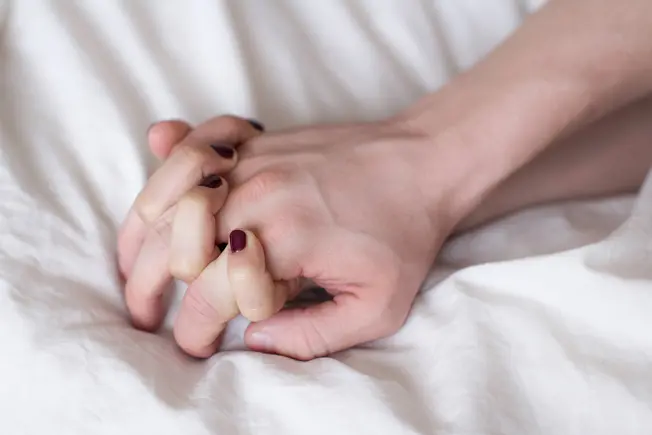
Sex and Intimacy
One side effect of breast cancer treatment may be changes in your sex life. You might not be in the mood as much because you’re tired or don’t like the way your body looks. It’s important to talk to your partner about how you’re feeling. Together, you can figure out the best way for them to support you. Talk to your doctor, too. They can help treat things like vaginal dryness. And a counselor or support group can help you work through other challenges related to intimacy and sex.
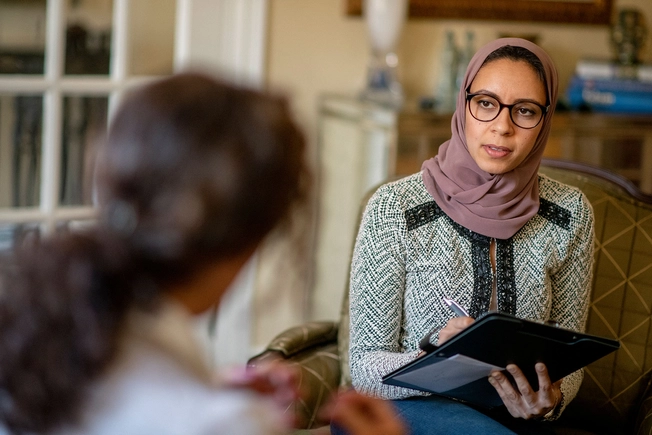
Counseling
One-on-one or group counseling can improve your mental health during and after treatment. You’ll learn what to expect, ways to manage your emotions, and how to relax your mind and body.

Exercise
Breast cancer treatment may leave you feeling tired, anxious, or stressed. Regular exercise can help ease these symptoms. Try to get 150 minutes of exercise a week, even if it’s moderate movement like walking or yoga. That’s 30 minutes a day, 5 days a week.
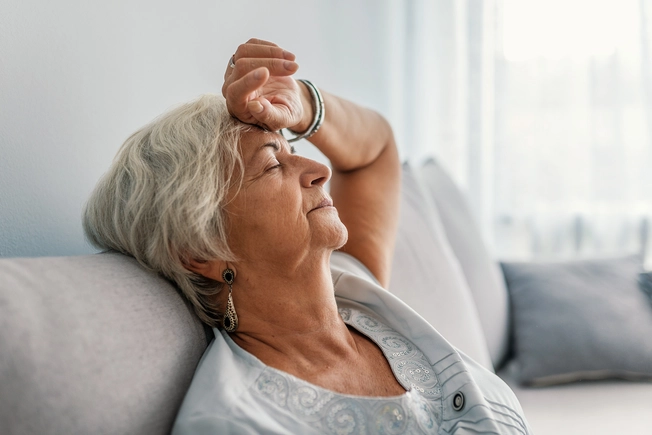
Fatigue
Cancer treatment will likely make you feel tired and weak sometimes. Work with your health care team to pinpoint the cause. It could be anemia or pain. Treating these issues could boost your energy levels. You’ll also want to aim for 7-8 hours of sleep a night and take 30-minute breaks or naps throughout the day. Talk to your doctor about changing medications that make you sleepy. You can also schedule your day so that you finish important tasks first before fatigue sets in.
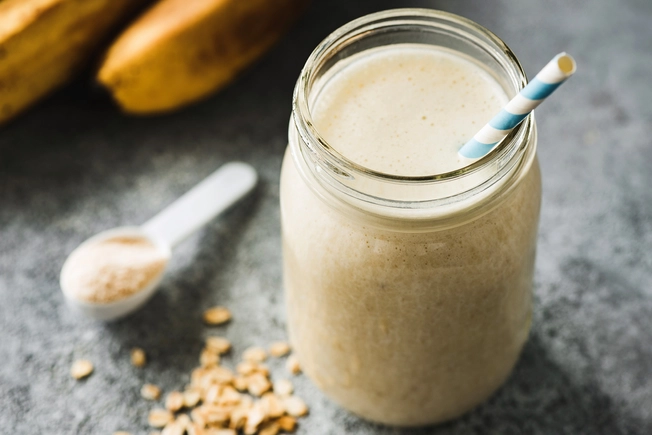
Eating Problems
A healthy diet gives you much-needed energy, but you may not feel much like eating. Loss of appetite, nausea, and vomiting are all common side effects of chemotherapy, radiation, and other cancer treatments. Talk to a dietitian about managing eating problems. You can also try liquids or meal replacement shakes, and eating several small meals throughout the day. Carry snacks for when hunger strikes, and try to eat high-protein foods to keep up your strength.
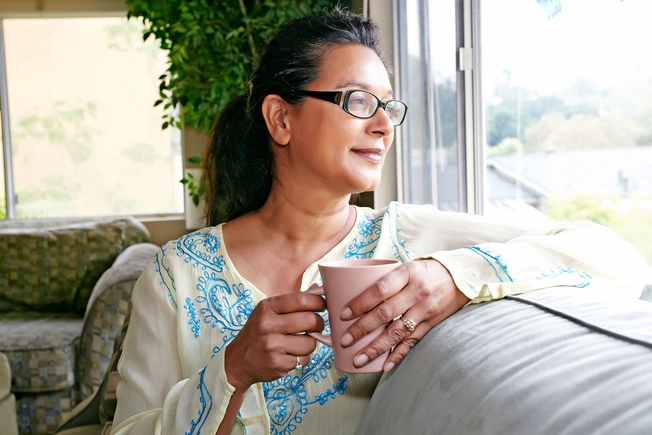
Staying Hydrated
On the days you can’t keep down food, it’s still important to drink lots of liquids to stop your body from losing too much water (dehydration). Aim for 8 to 12 cups of liquid a day. Besides water, you can try broth, clear apple juice, sports drinks, caffeine-free tea, and tomato juice.
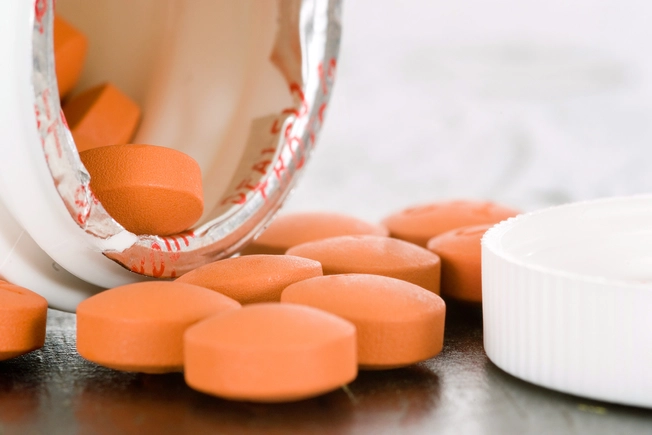
Pain Management
Pain may ease as you heal, or it could stick around for months or years. But you don’t have to suffer through it. Talk to your health care provider about options for pain control such as mild pain relievers (ibuprofen, naproxen, or acetaminophen), drugs for severe pain (tramadol, tapentadol, or opioids), or drugs for nerve pain (lidocaine, gabapentin, or pregabalin).
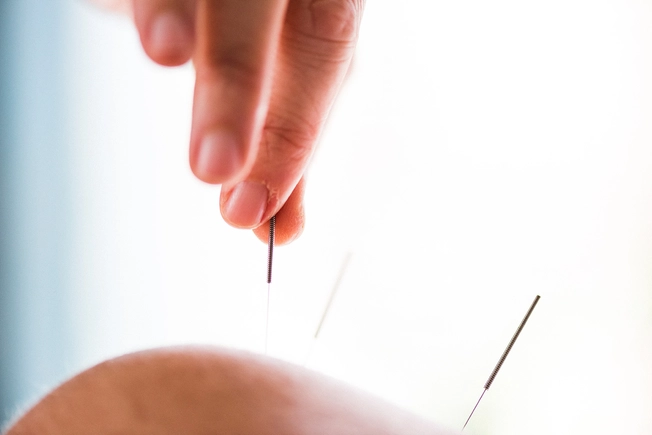
Drug-Free Pain Treatment
You can also pair medicine with drug-free pain treatments. Ideas include acupuncture, meditation, and massage. These complementary therapies could help you manage pain so you can take a lower dose. Be sure to talk to your doctor before trying them.
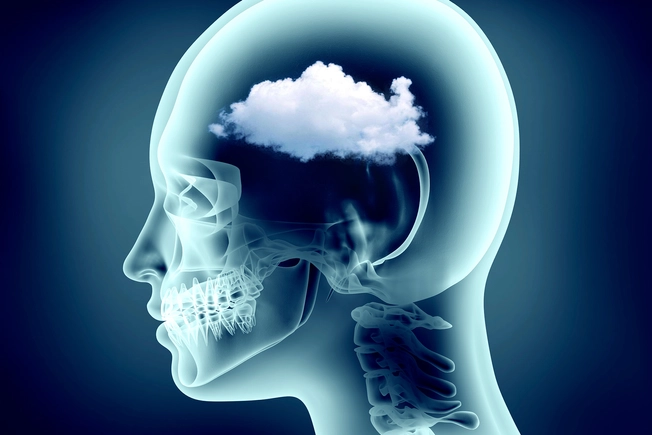
Cognitive Rehab
Cancer treatment can affect the way your brain works. This is called chemo brain. People with cancer explain it as a “fog” that impacts memory, focus, and learning. The good news is there are programs that can help. You’ll learn about brain function, how to absorb new information and carry out tasks, and tools to keep you organized. Your cancer support team can suggest a cognitive rehab program that fits your needs.

Home Therapy
You can also help train your brain at home for better memory and thinking. Experts suggest you keep detailed notes.Track meetings, phone numbers, addresses, and to-do lists in a paper or digital planner.Save important tasks for when you have the most energy. Try to give your brain a workout, too.Study a new language or solve a crossword puzzle.Be sure to write down memory problemswhen they happen and include what you were doing. It’ll help your doctor figure out the best way to address your issues.
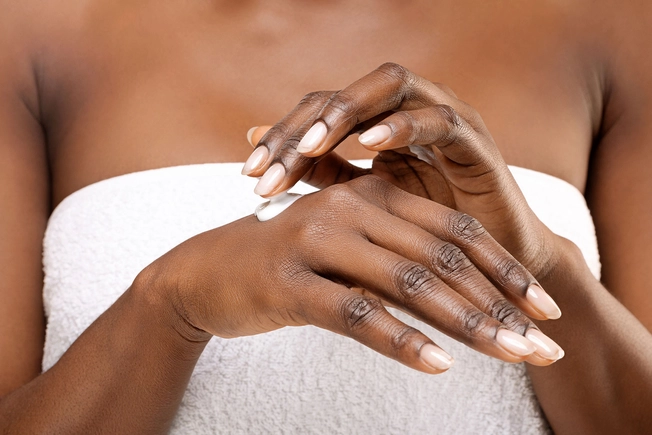
Skin Care
Dry, itchy skin sometimes happens with cancer treatment. Yours may be rough, flaky, or discolored. Or it may be cracked or have bumps or sores. To soothe irritated skin, try bathing in water mixed with bath oil, baking soda, or oatmeal (add it to a cloth or mesh bag). Oil can be slippery, so be careful when getting in and out of the shower or tub. Avoid hot water and products with alcohol. And use water-based creams twice a day. Try to drink 2 to 3 quarts of water or other liquids a day with the OK from your health care team.
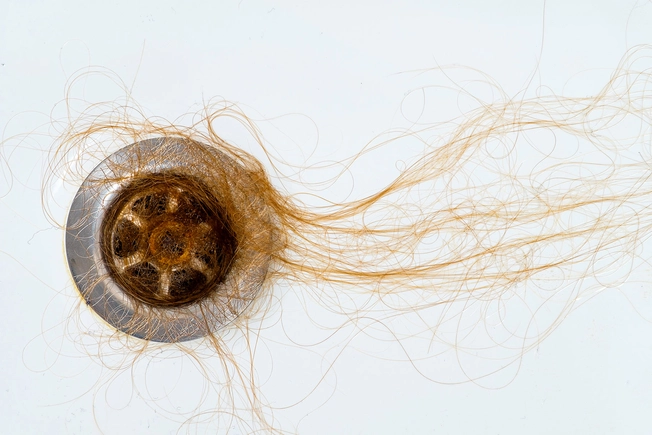
Hair Loss
Losing your hair is a difficult part of cancer treatment. It happens when cancer drugs damage tiny pores in your scalp (follicles). Everyone manages hair loss in a different way. You may shave your head or wear a wig. Protect your scalp by wearing a hat and a broad-spectrum sunscreen with an SPF of 30 or higher. You can also try wearing a cooling cap during chemo treatments.It may lower the amount of chemo that gets to your follicles.
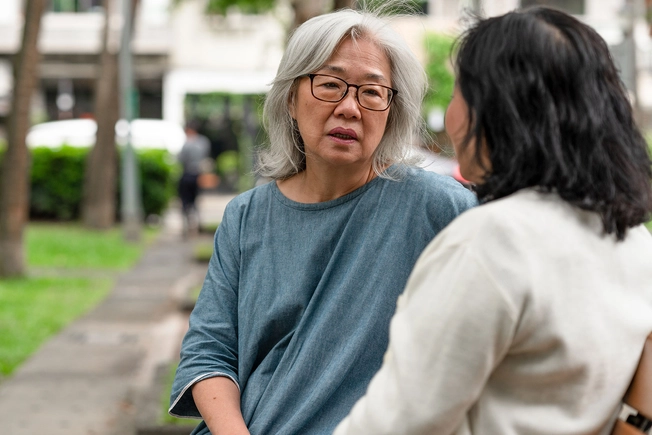
Social Support
Emotional support also comes from family, friends, spiritual advisers, and other people you know who’ve had cancer. Lean on them for help with cooking, cleaning, child care, or just someone to listen. Research suggests women living with breast cancer do better with more social support.